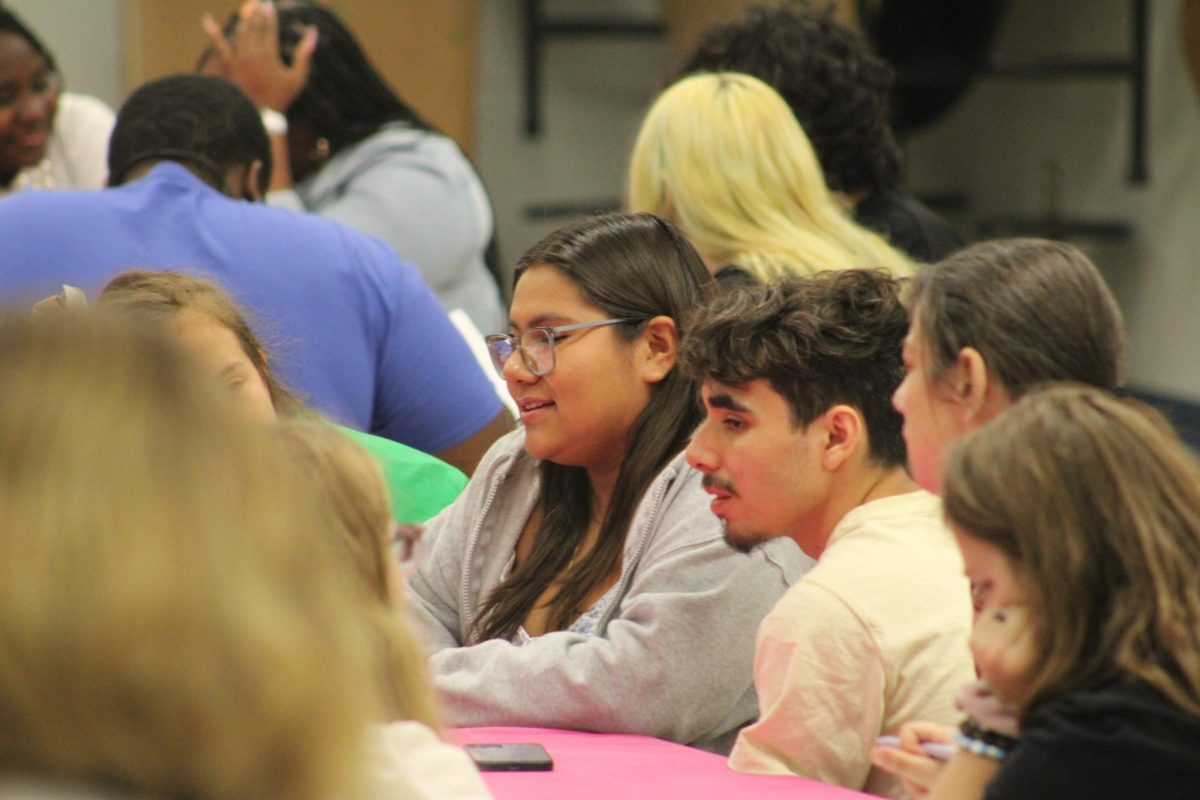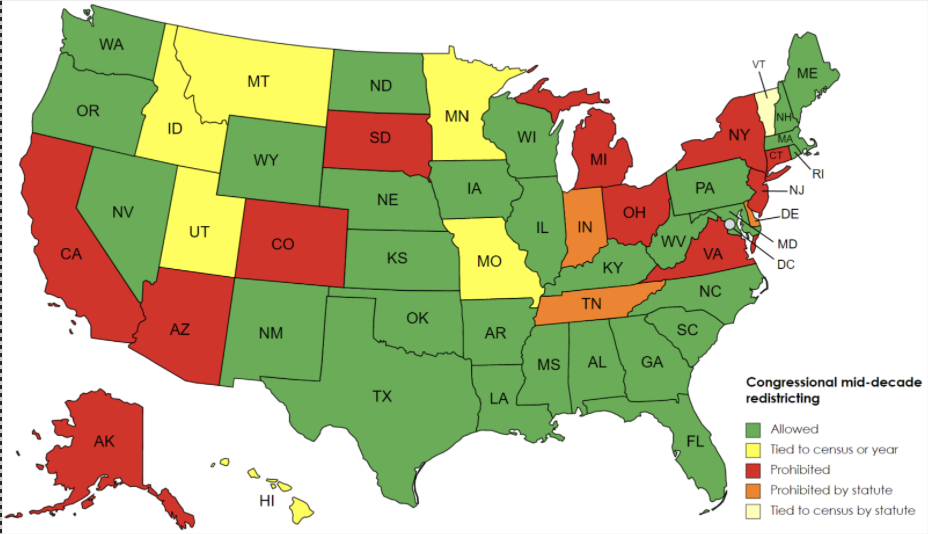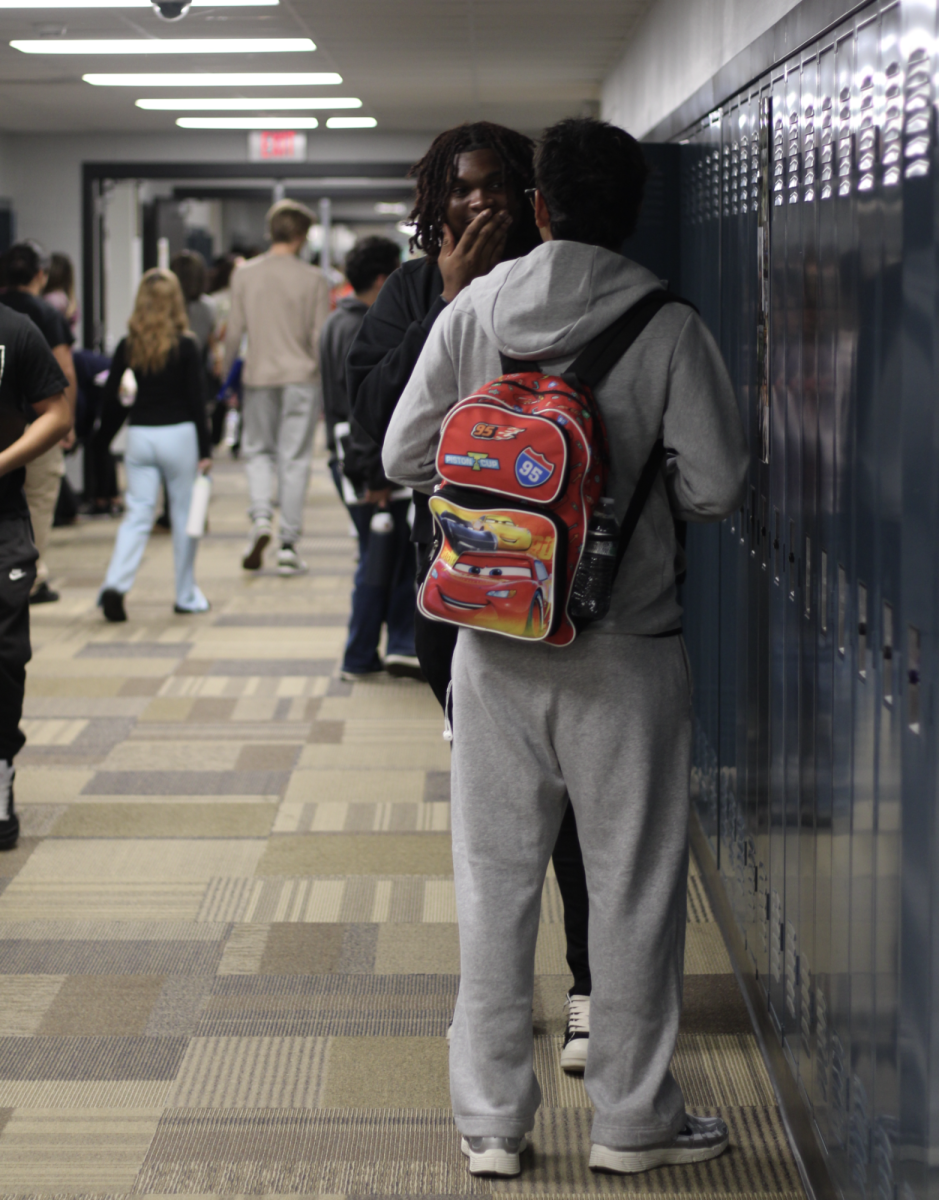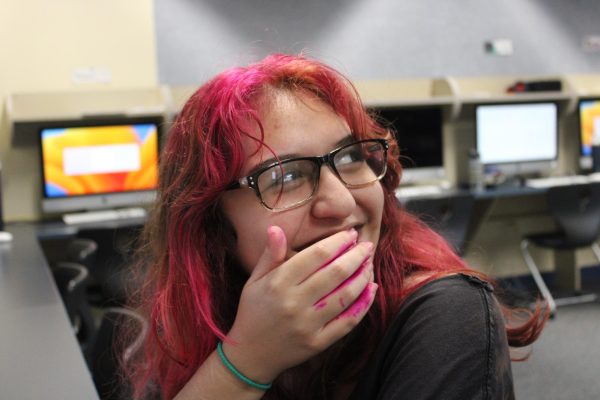
Griffith Jr/Sr High School’s winter break has just ended, and students are back after two weeks. With extended periods of time off school, it becomes a common habit for adolescents to stay up late and go to bed well after midnight. However, students will deal with the lack of sleep to complete work, ultimately hurting students more than it benefits them.
Students see long periods of time off school as a time to relax, which can cause them to stay up late and wake up well into the afternoon. “During break, I was going to bed way later than usual”, senior Miley Loudenber said. These sleeping habits work well over break, but once school starts back up, it hurts them in more ways than they realize.
Students in each grade level interviewed stated they go to bed around 10:30 p.m. and wake up around 6:00 a.m. for school. Although 10:30 p.m. seems like a reasonable time to go to sleep, it barely meets the 8-10 hours of sleep recommended by medical professionals.
Even though 7 to 8 hours of sleep seems like a reasonable amount to get, it can affect students mentally over time. These missing hours of sleep can cause students to be tired during school hours, and they will shift their focus to getting sleep as soon as possible instead of worrying about the lesson they are being taught. Students can end up performing poorly academically, which causes them great levels of stress and anxiety. The revolving cycle again leads students to stay up later to complete work when some can’t afford to lose more sleep.
Over time, sleep debt will show changes in personality, academic performance, concentration, and social life. When added up, these things can significantly affect students’ mentality in school and cause a significant decrease in their academics and other school activities.
The reason teenagers stay up so late is mainly due to puberty. Biological changes affect their circadian rhythm during puberty, causing them to stay up later naturally. However, not all students are missing multiple hours of sleep. “I probably go to bed at like 9:30 p.m. and wake up at 6:00 a.m.”, freshman Alena Collins said. This meets the threshold of sleep she should be getting, and she feels that school doesn’t stress her out or affect her mental health as much as it would if she didn’t sleep as much each night.
If students want to maintain good academic performance and mental health, they should try going to bed only an hour or two later during prolonged periods of time off school and sleeping in for no more than two hours.



















